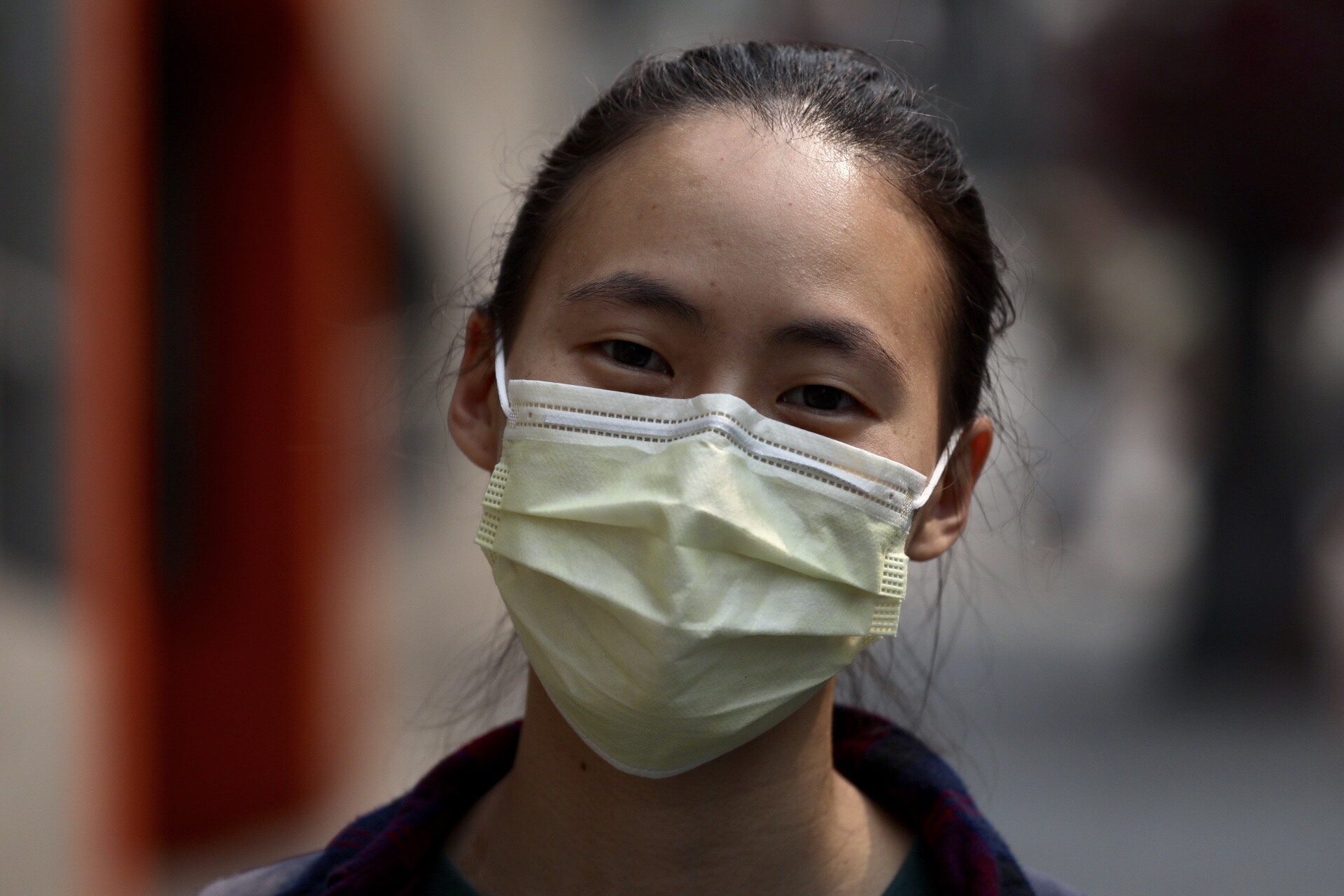The air quality is bad in Seattle and, at least at times, worse in the suburbs. Weather expert Cliff Mass reported that Monday afternoon air readings at a Duwamish site contained the highest levels of smoke recorded for a one hour period since the Puget Sound Clean Air Agency began its monitoring there about two decades ago. Last Wednesday, he found that Duwamish and Tacoma both experienced the worst 24 hours of air quality on record for either spot; the 24-hour data for Monday was still being analyzed, the agency said. As Beijing enjoyed “moderate” breathing conditions Monday, some areas around Puget Sound saw the air downgraded to “unhealthy” for everyone.
And with that rating has come a minor panic, with the region bending its routines and discussions around the hazards of the smoke as it might for a blizzard in the winter.
At Pacific Supply Hardware in Capitol Hill, they were sold out of breathing masks Monday morning. At Stoneway Hardware in Wallingford, they still had some left, but likely only for a few more hours. At Lowe’s off Rainier Avenue, they stocked more masks than usual after they sold quickly over the weekend.
The Sounders cancelled outdoor summer soccer camps. Seattle Public Schools recommended moving any sports practices inside. At Sea-Tac, planes were delayed for up to two hours. Bellingham’s all-comers track meet was canceled until next week.
Tourists determined to visit the top of the Space Needle found the rotating viewing deck, but no view of the Olympics, Mount Rainier or even the south end of downtown.
In Seattle City Hall, Mayor Jenny Durkan asked Director of Emergency Management Barb Graff to begin collaborating with “state and local partners as well as our departments.” In an email to department heads, Durkan asked them to work with employees who may be sensitive to smoke and to inform her office of any “alterations to normal department activities.”
“Everyone should take precautions, especially sensitive populations including children, older adults, and people that are pregnant, have heart or lung issues (asthma, chronic obstructive pulmonary disease COPD), or that have had a stroke,” Durkan said in a press release.
County health departments called on people to skip their outside exercise and urged schools and daycares to move their activities indoors.
Some weighed changing their daily routines. Rachael Ludwick, who often advocates in City Hall for housing and alternatives to cars, wondered if she should take her daughter on their morning walk to school. The irony of wanting to avoid the poor outdoor air is it might mean driving and adding to the smoke-season pollution. In the end, Ludwick and her daughter walked to school, but said she’d reconsider this afternoon depending on the quality of the air.
So far, the ER rooms and doctors’ offices have not begun to fill, said Dr. Coralynn Sack, a lung care and pulmonary physician at Harborview Medical Center and UW Medical Center. But in past fires, she said, she’s had more patients complaining about their raspy throats and lungs and didn’t rule out that they could shortly see a similar uptick.
For many, the smoke has been a choking reminder of climate change.
Gov. Jay Inslee seized the moment last week to advocate for Initiative 1631, which would put a fee on carbon usage. “Today, this smoke may be opaque,” he said at a press conference. “But when it comes to children’s health, it has made something very clear, and that is the state of Washington needs to pass this clean air initiative, so these children can breathe clean air.”
Ludwick, too, wants to see local government use the in-your-face cloud to build momentum around more climate friendly policies. “Imagine Seattle taking this seriously,” she wrote in a letter to Seattle’s elected officials Sunday night. “We could immediately plan and implement real bus priority in and out of downtown with exclusive right of way. We could start a congestion price program now. We could fund free transit on bad air days. We could do a lot of things and we must.”
She understands that the smoke is here for now, but said in a phone interview that that was no reason to do nothing. “If you can take emergency action on the Showbox… surely the fact that you can’t breathe outside is an emergency,” she said.
So why not masks for everyone to use? During California’s 2017 fires, Santa Barbara County handed out thousands of them. So far, no local agency has recommended doing the same.
But Dr. Sack wouldn’t yet recommend that healthy people start wearing a mask. But even ones rated as capable of catching fine particulates often don’t work anyway — you need a tight seal, which can be hard to create or maintain. Bearded people need not bother at all.

“I think my general message is that people are right to be concerned, but for most people who are healthy this is probably not going to affect their health,” she said. “The people who really need to be concerned are those people who are in those sensitive conditions” — infants, seniors, people with asthma and other respiratory conditions.
Online, people have begun tallying the equivalent number of cigarettes they’ve smoked, which Sack said is a precarious comparison. “I think it’s hard to make that analogy,” said Sack. “The smoke that’s in cigarette smoke has additional additives and carcinogens. It’s really apples to oranges.”
The city has not shut down, but it has seemed to slow as one advisory after the next said to stay inside and shut the windows. Puget Sound residents are used to overcast, but not this kind.
Relief may come as early as Wednesday evening, with the National Weather Service’s air quality alert for Seattle set to expire at 5 p.m. that afternoon. No word yet from the weather service on when the unseasonable — or newly seasonal — conditions might return.



